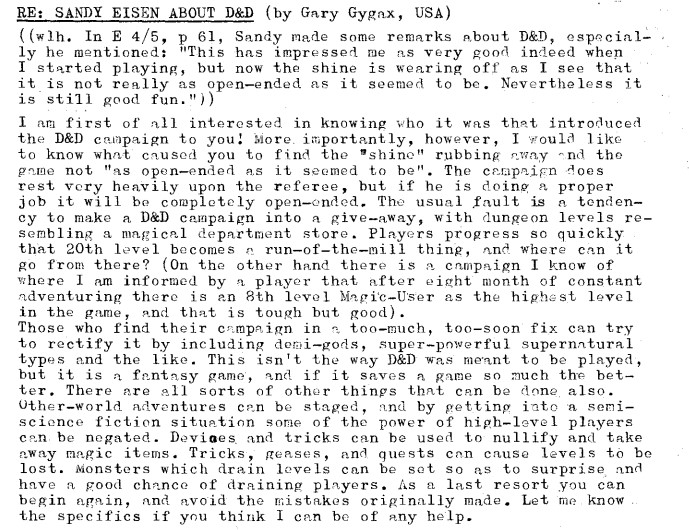Original concept of Alignment vs Morality in VI·VIII·X

I am well aware of the fact that I have already posted here my thoughts on the explanation of D&D alignments by Gygax in “The Strategic Review” issue 6 (February 1976). I feel however not to be enough complete in my explanation, moreover, I think I should get more in detail about the contents of Gygax’s article and the concept of Morality in VI·VIII·X. I think it’d be wise to start from a comparison of the two “morality maps”: the D&D one on the left and the one of VI·VIII·X on the right side. One important detail for the reader: the graph on the left here below is not exactly the same of the one in the article, I changed the order of display the axes of the graph to make it comparable to the one I built. The framework is nearly the same, the main differences are the definitions and the fifth concept of “neutrality”. With reference to the later, I don’t support positions where a never-ending balance is the main driver for any decision; this is, in my view, neutrality: trying to...
